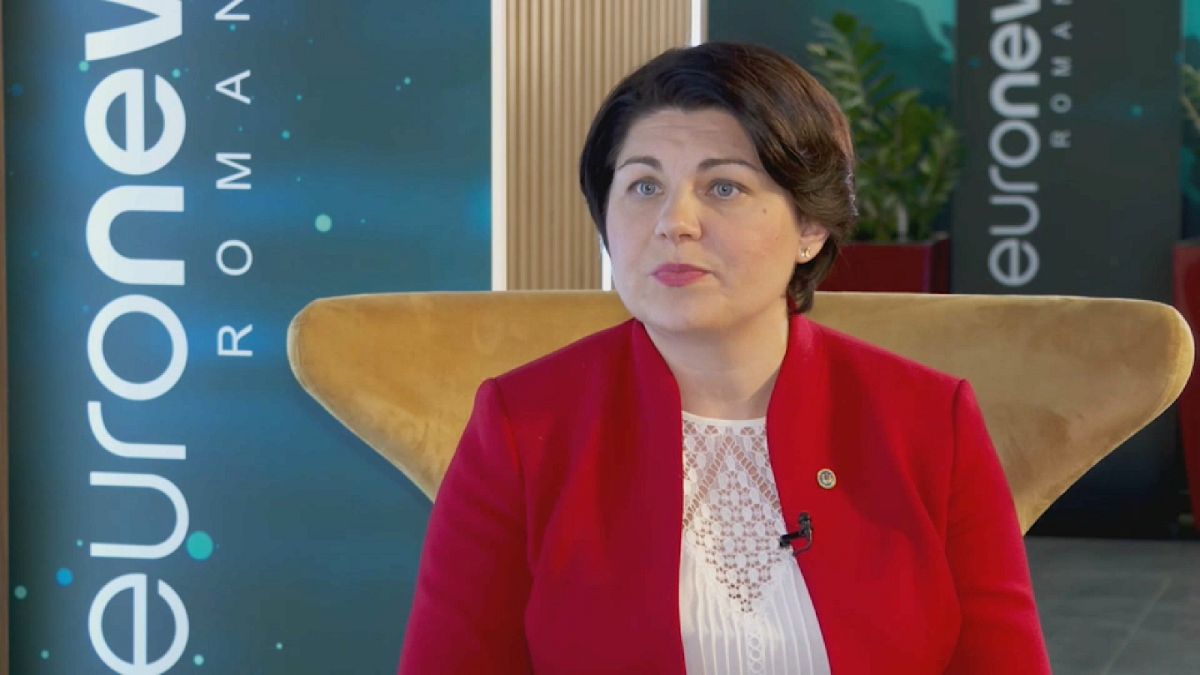Moldova was already one of Europe's poorest countries. But now, amid fears of Russian gas being cut and skyrocketing inflation, the situation is looking even worse.
Amid skyrocketing inflation and fears that Russian gas could be cut off, Moldova is facing a tough winter, its prime minister has told Euronews Romania.
"Entire Europe is expecting a difficult winter but it is even more difficult for Moldova," said Natalia Gavrilita, who was elected to office last year. "While many European countries still have a partial dependency on Russian gas, for Moldova this dependency is 100%. And there is a risk that the contract will be unilaterally stopped by Gazprom."
Moldova was already one of Europe's poorest countries, even before the war in neighbouring Ukraine. Now the situation has dramatically worsened.
The cost of household items and energy prices have so, bringing hardship to many across the country. The inflation rate was 34% in August.
"Energy prices have gone up tremendously and they are absolutely unaffordable for Moldovan citizens and businesses," she added. "So we have a dual objective: maintaining stability and maintaining peace in the country and ensuring we have energy resources that are affordable."
Moldova, like Ukraine, applied for EU membership in the days after Russia's invasion on 24 February. Brussels in June gave both countries candidate status, the first step on an often very long road to joining the 27-country bloc.
In addition to spiralling inflation and energy fears, Chișinău also has the problem of its separatist region, Transnistria.
In the early 1990s and amid Moldova's split from the remnants of the USSR, Transnistrian separatists backed by Russia waged an insurrection turned full-fledged war until a ceasefire was struck in 1992, which has held until this day.
The cessation of hostilities came with an arrangement to host Russian “peacekeepers” in the strip of land sandwiched between Moldova and Ukraine.
Vitaly Ignatyev, the foreign minister of Transnistria's unrecognised government, said in July the region was committed to achieving independence from Moldova and possible unification with Russia, and that Moldova's recent EU candidacy status effectively ends any possibility of cooperation.
